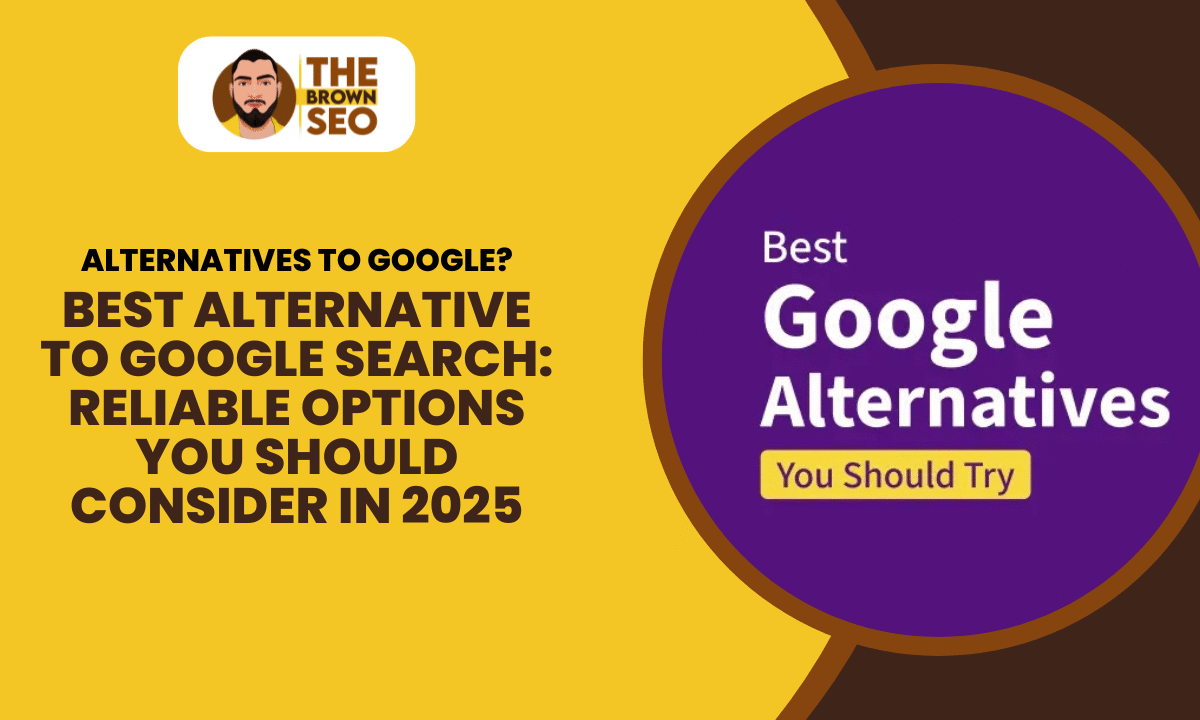
When most people think of internet search, Google instantly comes to mind. It dominates the search engine market with over 90% global share. But is it always the best choice? Whether you’re concerned about privacy, want unbiased results, or just crave a different user experience, exploring the best alternative to Google Search can be a smart move.
In this post, we’ll break down the top competitors to Google, explain what makes them stand out, and help you choose the best search engine for your needs.
Why Look for the Best Alternative to Google Search?
Before diving into the list, let’s understand why users are seeking other options:
- Privacy Concerns: Google collects vast amounts of data. Many users now prefer platforms that don’t track or store their information.
- Filtered Results: Google customizes search results based on user behavior, which can lead to biased content filtering or a “filter bubble.”
- Ad Overload: Google Search prioritizes ads heavily, sometimes pushing organic results far below the fold.
- Corporate Ethics: Some users seek alternatives due to Google’s stance on data sharing, censorship, or monopoly concerns.
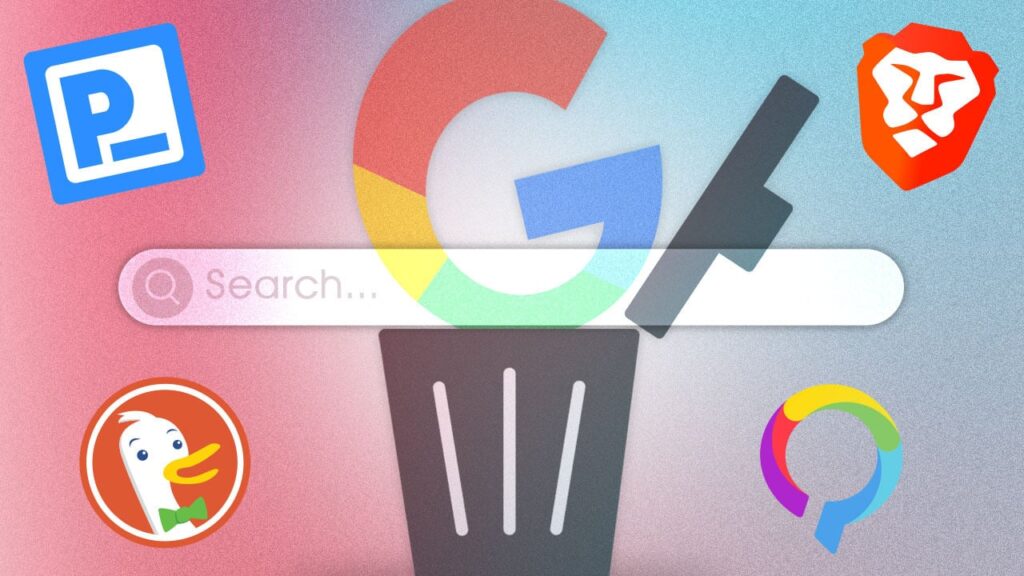
Best Alternatives to Google Search (Updated for 2025)
Here are some of the most reliable and purpose-driven alternatives to Google, each offering unique features and benefits:
- DuckDuckGo — Best for Privacy
Why it’s a strong alternative: DuckDuckGo has become a go-to search engine for privacy-focused users. It doesn’t track searches, store personal information, or create user profiles.
Key features:
- Zero tracking of IP or search history
- Minimal ads and no personalization bias
- Instant Answers similar to Google’s knowledge panels
Use Case: Ideal if you want a clean, private, and fast search experience without being followed across the web.
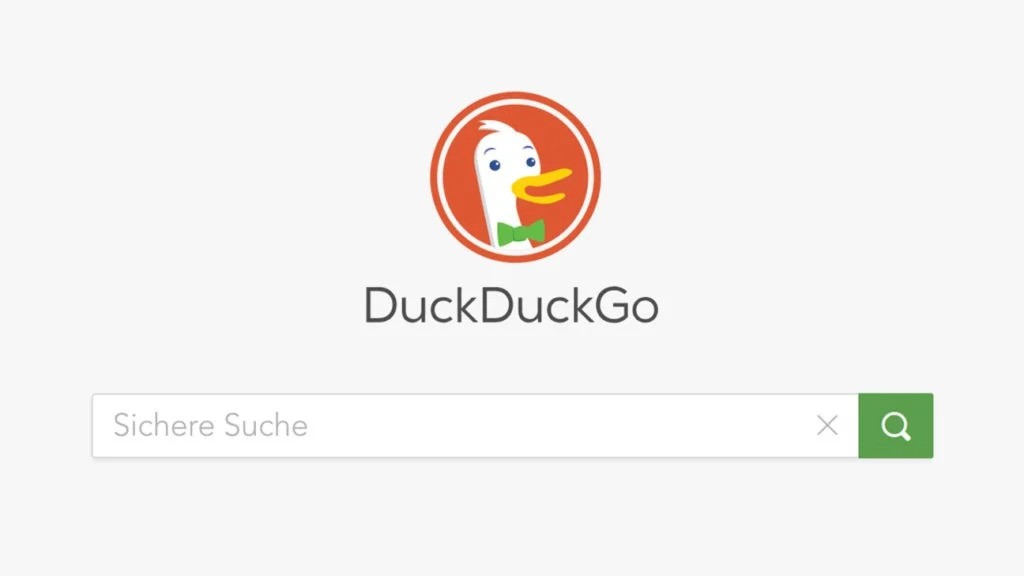
- Bing — Best for Visual and Rewards-Based Search
Why it’s a strong alternative: Backed by Microsoft, Bing is the second-largest search engine worldwide. It’s known for its excellent image search and integration with Microsoft services.
Key features:
- Microsoft Rewards for searching
- Integrated AI-powered chatbot via Copilot
- Attractive visual layout for news, videos, and shopping
Use Case: If you’re a Microsoft user or want to earn rewards while searching, Bing offers real utility.
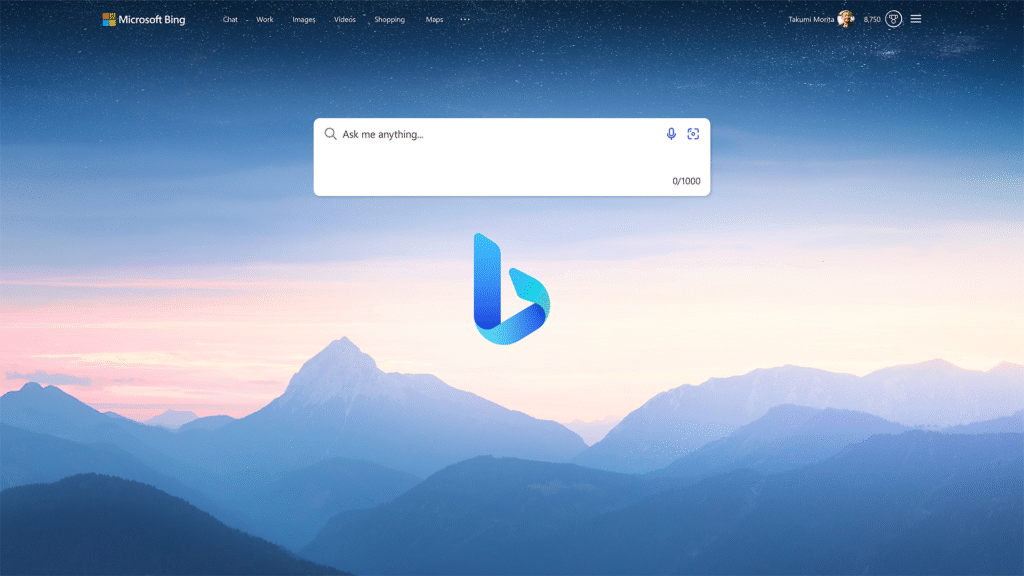
- Brave Search — Best for Independent Search Index
Why it’s a strong alternative: Brave Search is built on its own independent index, which means it’s not just pulling results from Google or Bing like many others do.
Key features:
- Full independence from Big Tech indexes
- Built-in in-browser privacy (when using Brave browser)
- No user tracking or profiling
Use Case: Excellent for those who want independence, transparency, and enhanced privacy all in one.
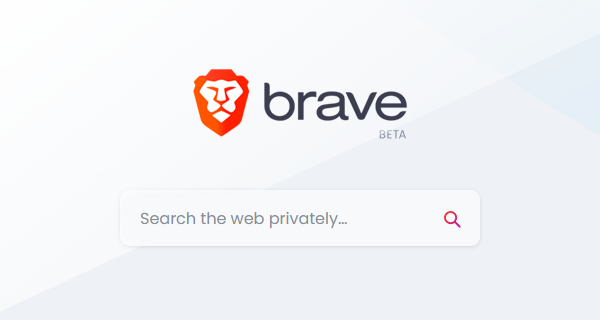
- Startpage — Best for Google Results Without Tracking
Why it’s a strong alternative: Startpage acts as a proxy between you and Google. You get the same search results, but Startpage doesn’t pass your IP address or search data to Google.
Key features:
- Google-powered results without data sharing
- Anonymous view feature for browsing sites privately
- Strict EU privacy laws compliance
Use Case: If you like Google’s accuracy but not the tracking, Startpage is a perfect middle ground.
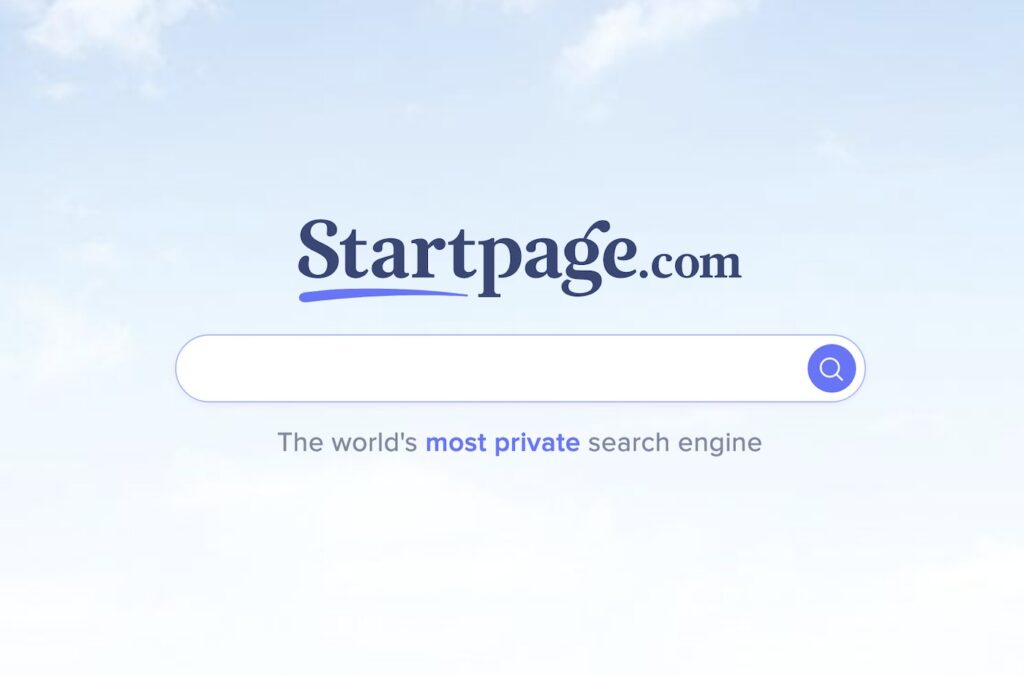
- Ecosia — Best for Environmentally Conscious Users
Why it’s a strong alternative: Ecosia uses Bing’s technology, but profits from ad revenue are used to plant trees around the world.
Key features:
- Over 180 million trees planted using search-generated funds
- Transparent financial reports
- Chrome and Firefox-compatible extensions
Use Case: Great for eco-conscious users who want their searches to contribute to reforestation projects.
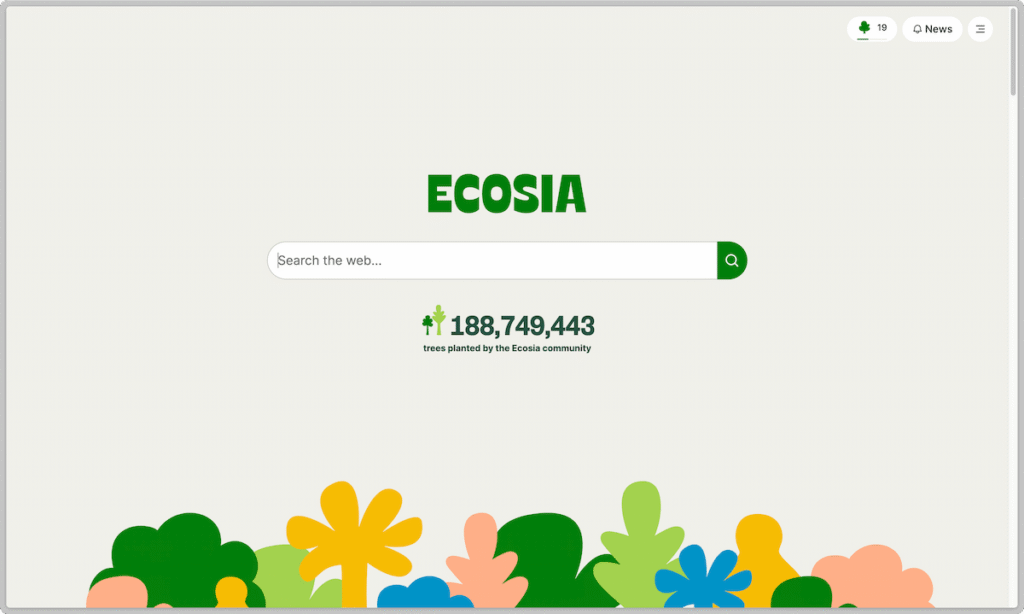
- Neeva (now part of Snowflake) — Former Paid, Now Open Source Model
Neeva was a privacy-focused, ad-free search engine that shut down its consumer product in 2023 but had introduced powerful innovations like AI-generated summaries and private search. It’s now contributing to open-source search efforts, influencing future alternatives.
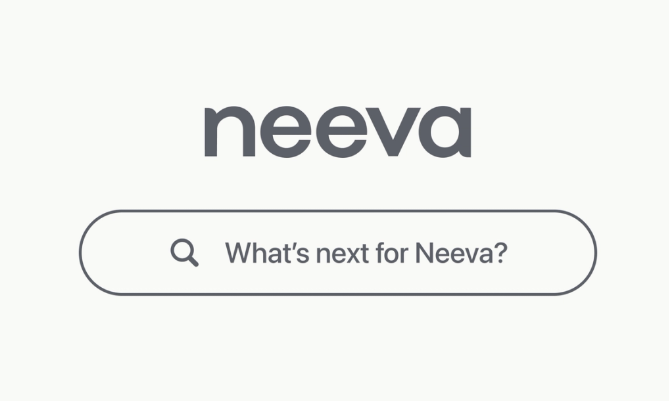
How to Choose the Best Alternative to Google Search
Each alternative has its own strengths. Here’s a quick checklist to help you decide:
| Requirement | Recommended Engine |
| Full Privacy | DuckDuckGo, Startpage |
| AI Integration | Bing (with Copilot) |
| Independent Index | Brave Search |
| Eco-Friendly Mission | Ecosia |
| Google Results, No Tracking | Startpage |
If you’re using a search engine daily, even a slight difference in privacy, speed, or ethics can make a big impact over time.
Conclusion
The best alternative to Google Search depends on what you value most—privacy, independence, visual layout, or social impact. Google might still be the most powerful tool in the search space, but it’s not the only one worth using.
From DuckDuckGo’s privacy shield to Ecosia’s tree-planting mission and Brave Search’s independent infrastructure, each competitor offers a unique approach to internet search.
Explore these options and consider making the switch—or at least diversifying your search habits—to take more control over your digital experience.
